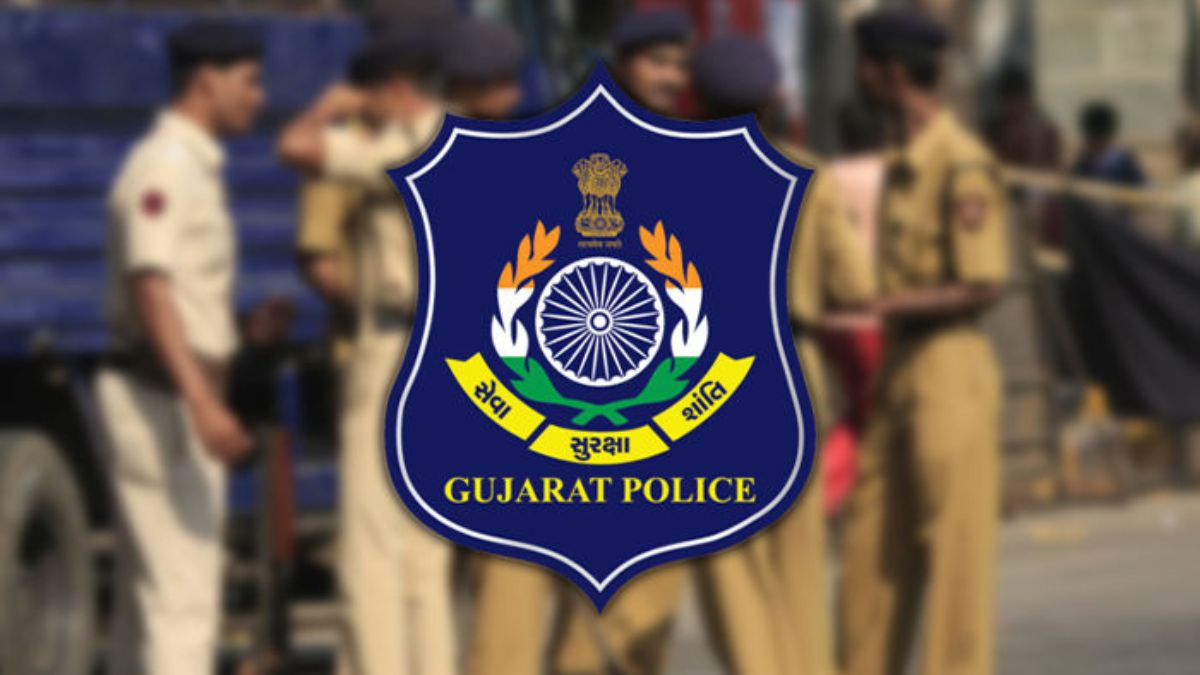Delayed Police Recruitment in Gujarat Sparks ‘Tarikh Pe Tarikh’ Concerns Among Aspirants
Despite announcements and advertisements, the police recruitment process in Gujarat has been beset by delays, leaving aspirants frustrated and disillusioned

Advertisement
GANDHINAGAR, GUJARAT : The promise of police recruitment in Gujarat, made by the Minister of State for Home Department, Harsh Sanghavi back in 2022, has turned into a prolonged saga of anticipation for eager job seekers. Despite announcements and advertisements, the recruitment process has been beset by delays, leaving aspirants frustrated and disillusioned. As the wait extends till 2025 for the recruitment process to conclude, concerns over fairness and transparency loom large, echoing the sentiment of a famous Bollywood phrase, ‘Tarikh Pe Tarikh.’
In 2022, amid promises of employment opportunities for the youth, the announcement of police recruitment in Gujarat stirred enthusiasm among aspirants across the state. However, the road to fulfilling these promises has been riddled with obstacles, pushing the timeline for recruitment to as late as 2026, a staggering five years after the initial announcement.
Coaching centers sprung up in anticipation of the recruitment drive, with hubs in Gandhinagar, Surat, Rajkot, and other cities bustling with hopeful candidates. The year 2024 saw advertisements inviting applications for over 12,000 vacancies, further fueling aspirations among job seekers. However, bureaucratic processes and administrative delays marred the progress, resulting in a prolonged wait for eager candidates.
Recently, the chairperson of the recruitment board, Hasmukh Patel, announced another round of applications for police sub-inspectors (PSI) and Lok Rakshak Dal (LRD) positions. This decision sparked mixed reactions among candidates, with concerns raised over the fairness of the process and the challenges posed by new applicants to those who have been preparing diligently since the beginning.
The burden on aspirants isn’t merely academic; the financial strain of coaching fees adds to the pressure. In Gandhinagar alone, over 30 coaching centers charge fees ranging from ₹30,000 to ₹40,000 for a three-month course, reminiscent of Delhi’s Mukherjee Nagar, known for its IAS coaching centers.
Furthermore, the recruitment process has acquired political overtones, with public events replacing traditional methods of appointment letter distribution. This politicization has added another layer of complexity to an already protracted process, leaving candidates grappling with uncertainty and frustration.
Advertisement

